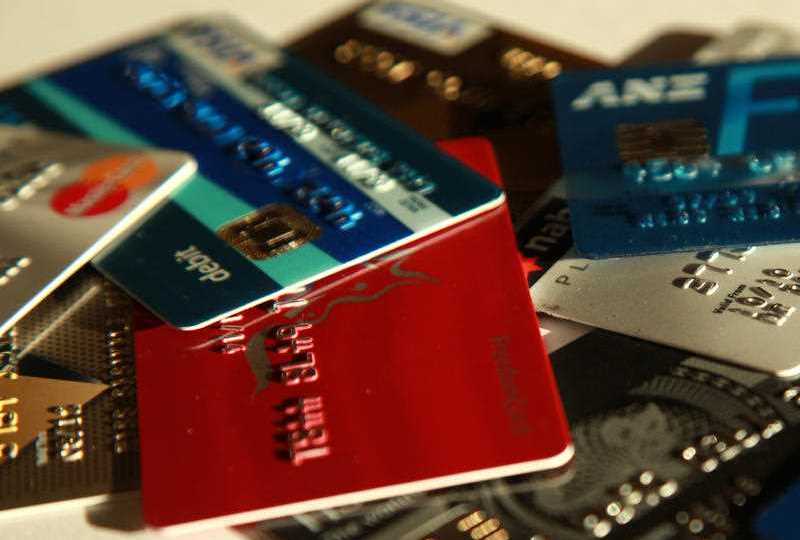


Slugging shoppers with a surcharge for paying with a debit card could soon be a thing of the past, with the federal government threatening banks with an outright ban.
The consumer watchdog has been given $2.1 million by the government to investigate fees on debit and credit cards.
Treasurer Jim Chalmers said the federal government was prepared to ban the fees on debit card transactions from the start of 2026, but that would also depend on a Reserve Bank review.
“Consumers shouldn’t be punished for using cards or digital payments, and at the same time, small businesses shouldn’t have to pay hefty fees just to get paid themselves,” Chalmers said.
“We’re prepared to ban debit card surcharges, subject to further work by the Reserve Bank and safeguards to ensure small businesses and consumers can both benefit from lower costs.”
The RBA regulates the payments system and is reviewing merchant card-payment costs and surcharges.
Months ago, National Australia Bank boss Andrew Irvine labelled surcharges on purchases made on cards outdated and “outrageous”.
Prime Minister Anthony Albanese said the government was waiting on the central bank to finish its work.
“My government’s No.1 priority is to ease the cost of living for households and businesses and this is another step to protect Australians,” he said.
Australian Chamber of Commerce and Industry chief executive Andrew McKellar said banning debit card surcharges would be a win for businesses and consumers.
“In many cases, small businesses are facing these charges. It’s not necessarily linked to the costs of providing the service,” he told Nine’s Today program on Tuesday.
“In many cases, of course, they’ve got to pass it through, so it can amount to a significant proportion of the cost in the cost of a good or service that’s been provided.”
Consumer group Choice also welcomed the proposal – saying it should be extended to small businesses.
“Card surcharges are often disclosed at the checkout at the very last minute when it’s too late to avoid them. People should be able to expect that the advertised price is the amount that gets taken out of their bank account,” head of policy Tom Abourizk said.
“Small businesses often pay many times more to process card payments compared to the cheaper rates that card terminal providers charge larger businesses. Along with a ban on surcharges for consumers, reforms must ensure small businesses can get a fairer deal on the costs of processing both debit and credit cards.”
Nationals senator Bridget McKenzie said people hated the surcharge but scrapping it wouldn’t significantly ease cost-of-living concerns.
“The reality is, this is like fiddling around the edges while Rome burns,” she told Today.
“[With] this latest thought bubble, [the government’s] protecting the banks. They’re protecting Visa and Mastercard, and it’s our small businesses, our cafes, our pubs and our customers that are actually going to end up paying more.”
Greens senator Sarah Hanson-Young said the move didn’t go far enough.
“We need to make sure it’s the bank that covers the cost of this, not the consumer and not the small businesses,” she told ABC TV.
Independent Payments Forum co-founder Brad Kelly said scrapping the surcharges needed to be a priority for the Reserve Bank, with more than 12 billion card transactions made each year.
“This is an important review for all Australians because the current situation costs every single one of us way too much, every time we shop,” he said.
“Small businesses and their customers pay the lion’s share of these fees, with big business cutting special deals with the banks and card schemes. These unfair fees turn up for consumers as surcharges.”
-with AAP










